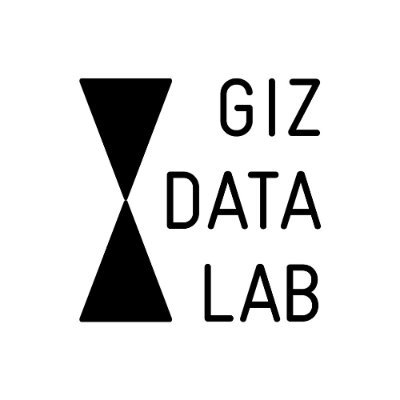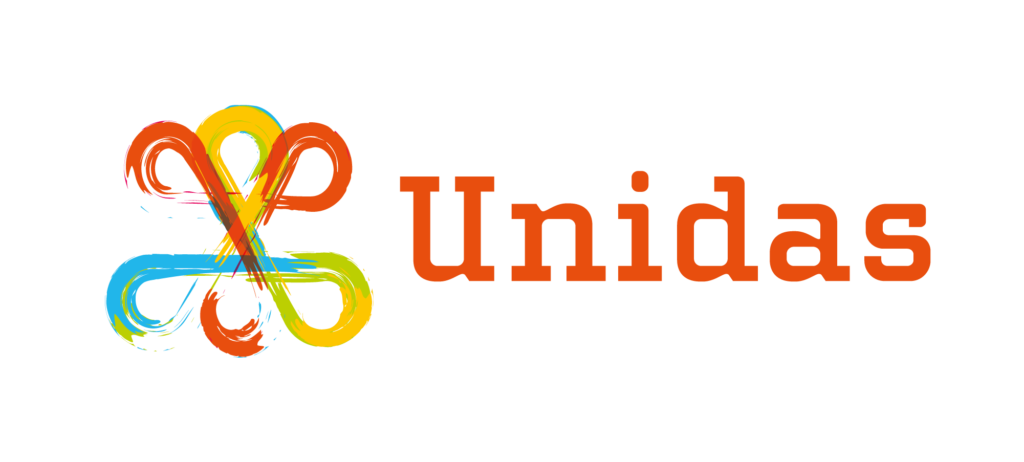PARTNERSHIP ANNOUNCEMENT
Data-Pop Alliance is pleased to announce its partnership with GIZ Data Lab, signed in June 2020, as well as the partnership with the Unidas network, signed in August 2020.
Both partnerships emerge from the need to understand more about the exacerbation of gender inequalities and domestic violence during the COVID-19 pandemic. As a result, the two projects seek to identify hotspots of violence against women and girls in the domestic setting through the development of a risk model and that leverages traditional and non-traditional data sources and is available through a data viz tool.
The project with GIZ Data Lab is centered in Mexico, at the national level, and it represents the first pilot for the risk model. The project with Unidas is building upon the first one, and replicates the approach for the city of Bogotá and São Paulo. The overall goal through these projects is to produce public policy and advocacy insights that support efforts to prevent and mitigate Violence against Women and Girls.
About the GIZ Data Lab: With the objective of conducting experiments in the field of Data for Development (D4D), GIZ Data Lab has carried out several projects synthesizing and analyzing existing data sources with the purpose of encouraging an effective, responsible and fair use in sustainable development.
About Unidas: The aim of this network is to bring together people from Latin America and the Caribbean and Germany to foster equal opportunities for women. Unidas has partnered with several organizations to develop projects on issues related to violence against women, reproductive rights, women’s rights, women’s role in peacekeeping and women’s participation in the economy. Unidas is supported by the GIZ (the German agency for technical cooperation) and the German Foreign Affairs Office.
NUEVA ALIANZA
Data-Pop Alliance se complace en anunciar su alianza con GIZ Data Lab, firmada en Junio del 2020, al igual que su alianza con la red Unidas, firmada en Agosto 2020 .
Ambas alianzas surgen de la necesidad de entender más sobre el aumento de las desigualdades de género y la violencia doméstica durante la pandemia de COVID-19. Como resultado, los dos proyectos buscan identificar los puntos críticos de violencia contra las mujeres y niñas en el ámbito doméstico a través del desarrollo de un modelo de riesgo, que utilice datos tradicionales y no-tradicionales, y que esté disponible por medio de una herramienta de visualización de datos.
El proyecto con GIZ Data Lab esta centrado en México, a nivel nacional, y representa el primer piloto de este modelo de riesgo. El proyecto con Unidas replica el enfoque para las ciudades de Bogotá y São Paulo. La meta general es producir insumos para la política pública e incidencia que apoyen los esfuerzos para prevenir y mitigar la Violencia contra las Mujeres y Niñas en Latinoamérica.
Sobre GIZ Data Lab: Con el objetivo de realizar proyectos en el área de Datos para el Desarrollo (D4D), GIZ Data Lab ha llevado a cabo varios proyectos que sintetizan y analizan fuentes de datos existentes con el propósito de alentar su uso eficaz, responsables y justo en el desarrollo sostenible
Sobre Unidas: El objetivo de esta red es traer a personas de Latinoamérica y el Caribe y Alemania para fomentar la igualdad de oportunidades para las mujeres. Unidas se ha aliado con varias organizaciones para desarrollar proyectos en temas relacionados a la violencia contra la mujer, derechos reproductivos, derechos de la mujer, el rol de la mujer en la conservación de paz y la participación de la mujer en la economía. Unidas es apoyada por la GIZ (agencia alemana para la cooperación técnica) y la Oficina de Asuntos Externos Alemania.




![M002 - Feature Blog Post [WEB]](https://datapopalliance.org/wp-content/uploads/2025/10/M002-Feature-Blog-Post-WEB.png)





